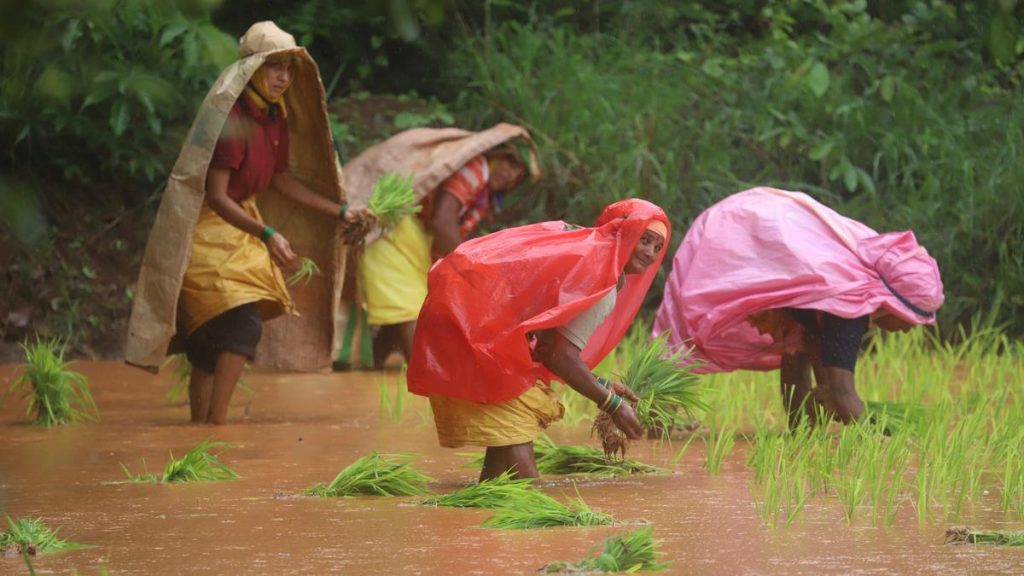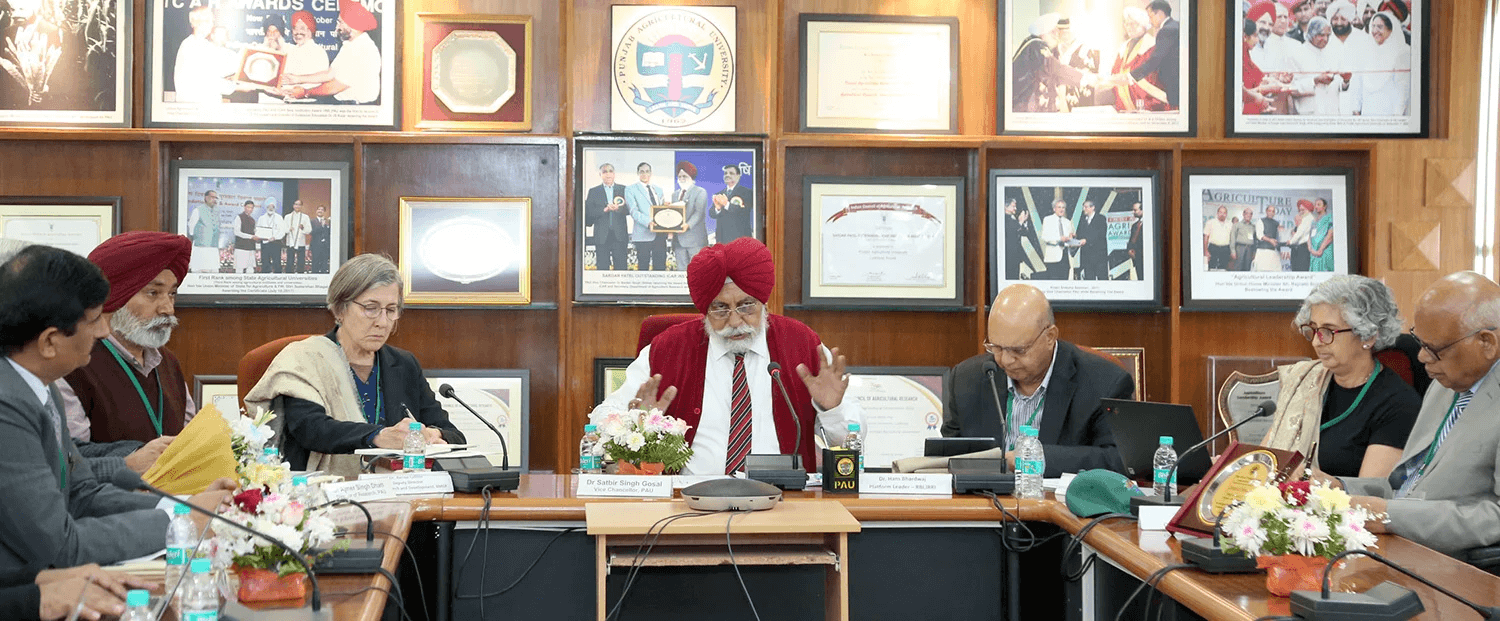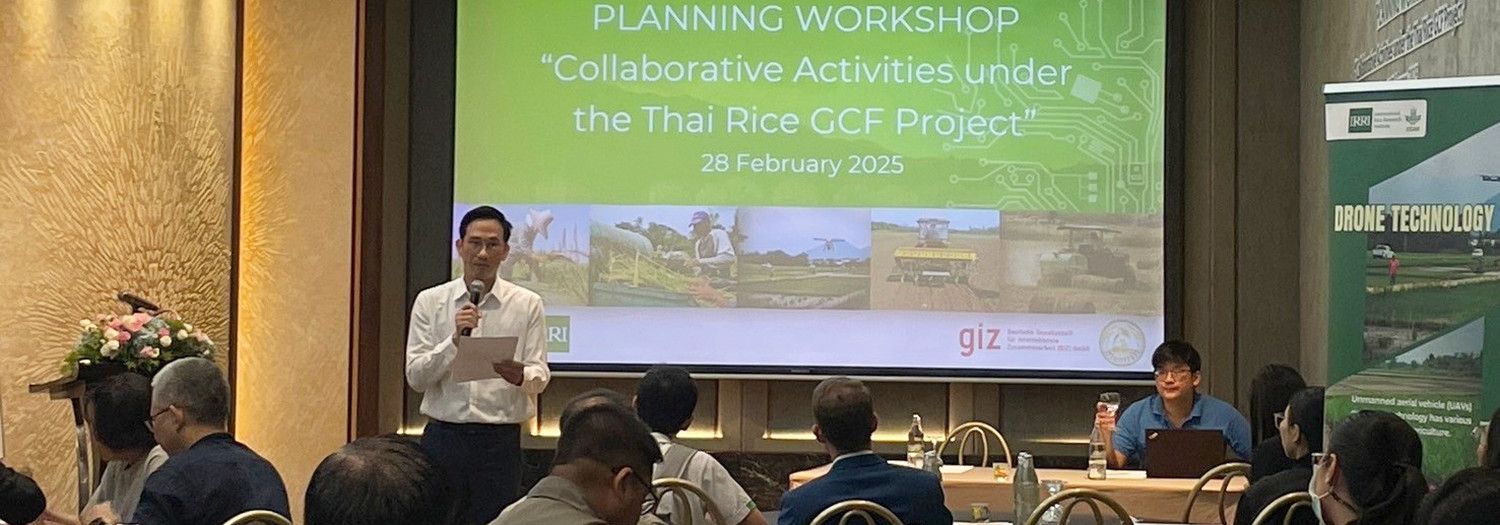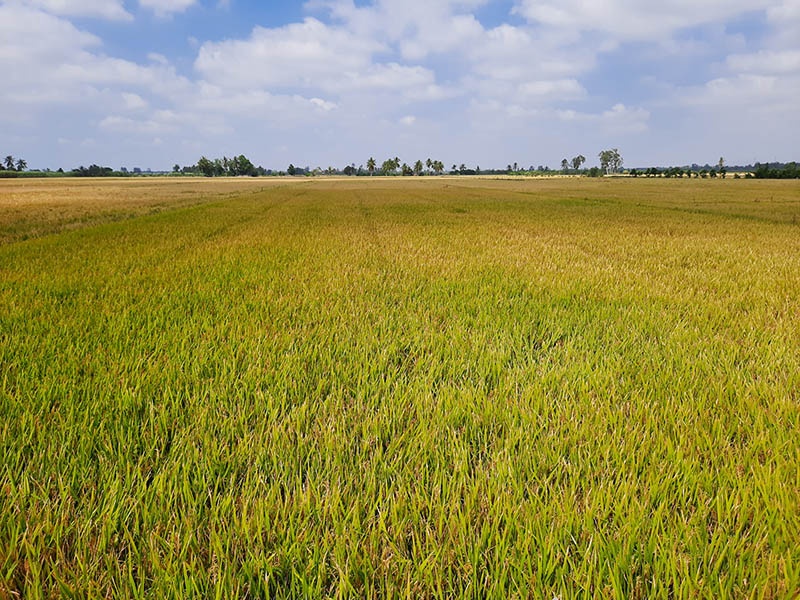Tags
Responsible practices in rice cultivation critical to reducing greenhouse gas emissions: Report
Bengaluru-based biotech company String Bio has published a white paper which calls for urgent scaling up of sustainable approaches in rice cultivation

File photo from a rice field in Khanapur in Belagavi district. | Photo Credit: BADIGER PK
Rice is a staple dish in most South Indian homes. But what a large section of people are unaware of is that the cultivation of the carbohydrate-rich grain is a major contributor to the emission of two greenhouse gases (GHG) – methane and nitrous oxide.
Bengaluru-based biotech company String Bio has published a white paper calling for sustainable practices in rice cultivation.
“It presents a very interesting duality. We can’t do without rice. At the same time sustainability is an attribute that we need to start thinking about when we talk about rice cultivation,” said Dr. Ezhil Subbian, CEO of String Bio, while launching the report.
Rice cultivation practices across the globe follow flooding of the rice field to improve the growth of the crop and produce higher yields. But this cuts off the oxygen transfer from atmosphere to soil. As a result, the organic matter in the soil undergoes anaerobic fermentation which results in emission of methane.
Rice cultivation today accounts for nearly 10% of global methane emissions. At the same time, it has also been a victim of climate change.
According to the report titled ‘Responsible Rice: Call for Action’, recent trends in rice cultivation indicate a stagnation in crop yields and the rise in temperatures may lead to a 5-10% decrease in crop yields for every degree Celsius increase.
Challenge to sustained production
In the future, this could pose a major challenge to sustained production of rice, a cereal grain consumed by around 50% of the global population and critical for food security, underlining the importance of sustainable practices in rice cultivation.
As per data gathering platform Statista, 520.4 million metric tons of rice was consumed worldwide in the crop year of 2022/23. The demand is expected to further increase by 30% by 2050.
Here lies the importance of ‘responsible rice’, which the report describes as rice cultivated using practices that minimize GHG emissions, ensuring abundant, high-quality rice while enhancing farmer’s well-being and prosperity.

Dr. Ezhil Subbian
“We have taken a look at all the technologies that exist today. We do believe that there are very interesting solutions that can increase paddy yield, which is very important for the farmer, while reducing the GHG footprint which is very important for the planet overall. We strongly believe that this problem is very much addressable with the solutions that we have today,” said Subbian.
The report identifies several sustainable approaches ranging from seed-based interventions to practice-based interventions such as Alternate Wetting and Drying (AWD), Direct Seeded Rice (DSR), and innovative Crop Input solutions that primarily aim to reduce the CH4 emissions from the crop.
“However, these interventions need to be scalable, easy to adopt by the farmers and create benefits across the value chain for effective societal implementation,” reads the report, which also talks about CleanRise, a biostimulant developed by String Bio to convert methane into crop inputs.
Methane emission
According to the company, the product helps to reduce methane emissions up to 50% and nitrous oxide emissions upto 40% while increasing yield upto 39%. The report notes that scaling up such solutions is a crucial strategy for decarbonizing the agri-food sector.
“Stakeholders like philanthropists, development banks, governments, farmers and processors all have a role to play in the larger conversations around sustainable rice cultivation practices,” said Subbian, adding that one of the objectives of the report was to create awareness around the issue.
“What we also want to emphasize is that these solutions exist. Either individually or in combination we do have solutions that can address this problem and create some very significant impact.”
“One main objective of the report is also to see how we can bring critical partnerships to the table for this conversation. It’s very important for us to solve this with urgency and to solve this at scale in a very effective manner. When we solve for rice, we could also be contributing in a very significant manner towards global carbon emission reduction targets,” she said.
https://www.thehindu.com/news/cities/bangalore/responsible-practices-in-rice-cultivation-critical-to-reducing-greenhouse-gas-emissions-report/article67895792.ecePublished Date: February 29, 2024






